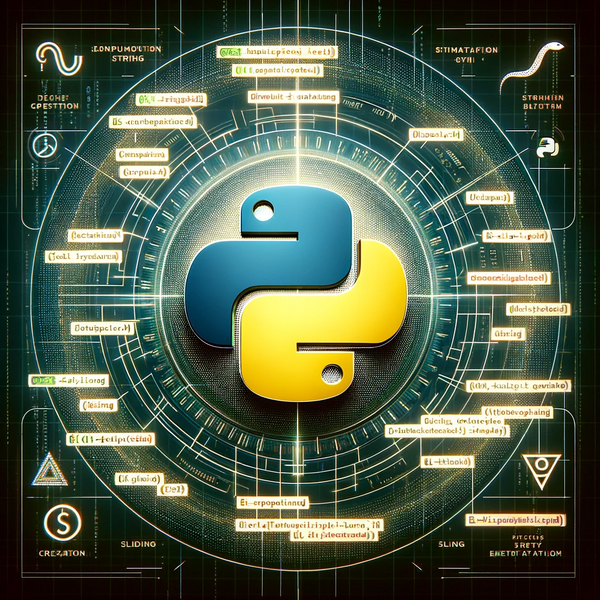The Relevance of Procedural Programming in a Complex World
In an era where technology continually leaps towards greater complexity, there's a quiet, steady undercurrent that maintains its significance in the vast sea of programming paradigms: Procedural Programming. While buzzwords like Object-Oriented Programming (OOP) and Functional Programming often dominate conversations, it's crucial to revisit and appreciate the enduring relevance of procedural programming in modern computing.
Unlike OOP, which bundles data and operations into objects, procedural programming treats data and procedures as separate entities.
Niche Dominance: Where Procedural Programming Shines
- Simplicity in Small-Scale Applications: For small to medium-sized projects, the straightforward nature of procedural programming offers a clear path from problem to solution. Its linearity is a boon, particularly for beginners and in applications where a complex architecture is unnecessary.
- System-Level Programming: System-level programming demands efficiency, direct hardware control, and a minimalist approach, all hallmarks of procedural programming. In developing operating systems or system utilities, procedural languages like C offer unmatched control and performance.
- Scripting and Automation: The procedural paradigm excels in scripting and automation tasks. Its simplicity and efficiency are perfectly suited for writing scripts that perform sequential tasks, from system administration to automated data processing.
- Embedded Systems: In the realm of embedded systems, where resources are limited and efficiency is paramount, procedural programming is often the preferred choice. Its direct approach and low overhead are ideal for microcontroller applications and resource-constrained environments.
- Educational Context: Procedural programming is an excellent gateway into the world of coding. Its linear flow and transparent logic are instrumental in teaching foundational programming concepts, making it an invaluable tool in education.
- Legacy System Maintenance: The tech world is replete with legacy systems that rely on procedural code. Maintenance and enhancement of these systems require a solid understanding of procedural programming, underlining its enduring relevance.
- Performance-Critical Applications: In scenarios where performance is non-negotiable, such as in game engine development or high-performance computing, the efficiency and direct control offered by procedural programming are often unmatched.
The Balanced Approach in a Modern Context
While procedural programming is not a one-size-fits-all solution, its strengths make it an indispensable tool in certain domains. The key lies in understanding where its simplicity and efficiency can be best leveraged. In a world increasingly oriented towards complex, object-oriented solutions, procedural programming stands as a testament to the power of simplicity and directness in problem-solving.
As we forge ahead in the ever-evolving landscape of technology, the lessons and principles of procedural programming continue to provide a solid foundation upon which new paradigms are built. Its continued relevance is a reminder that sometimes, the simplest approach can be the most effective in navigating the complexities of the digital world.





